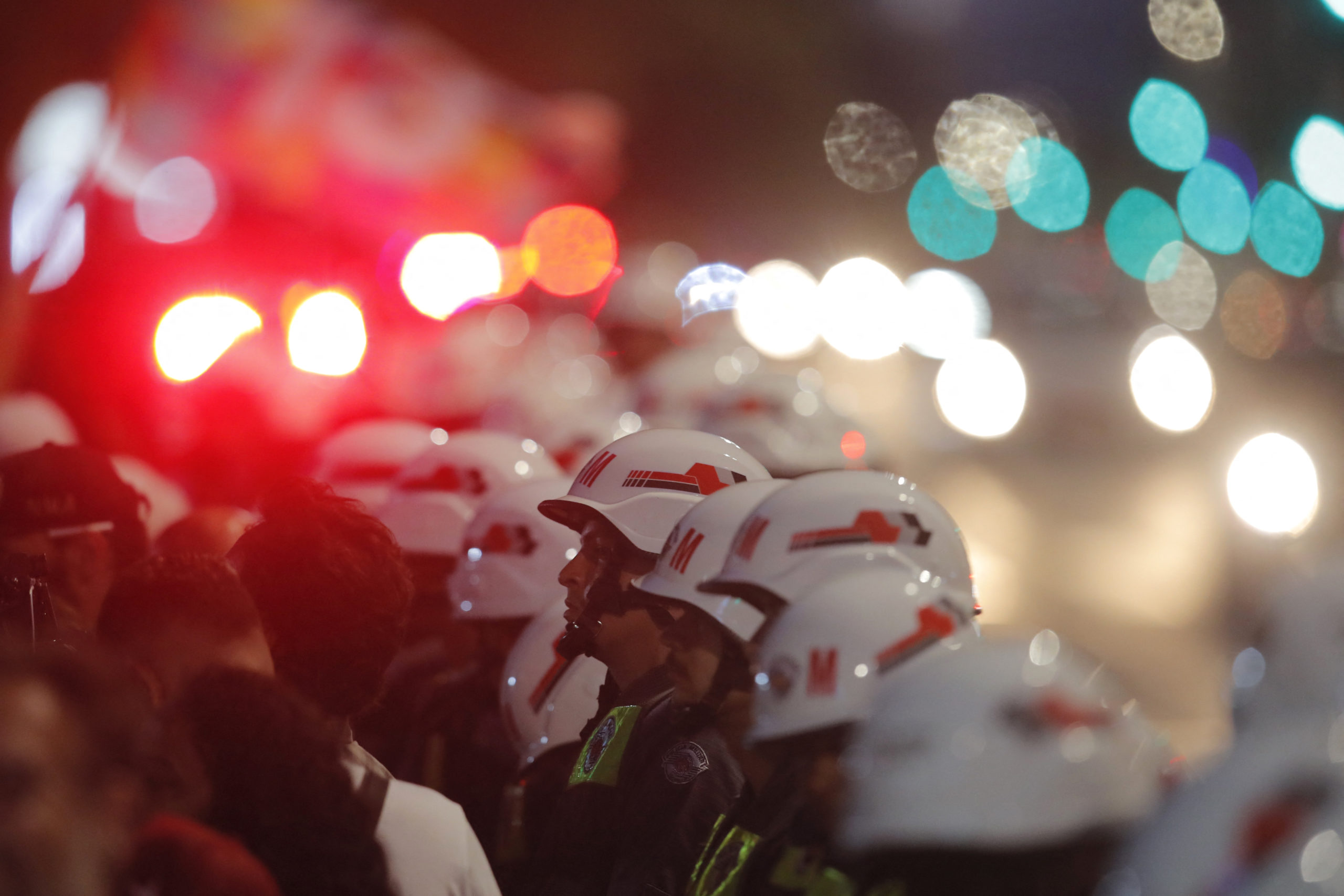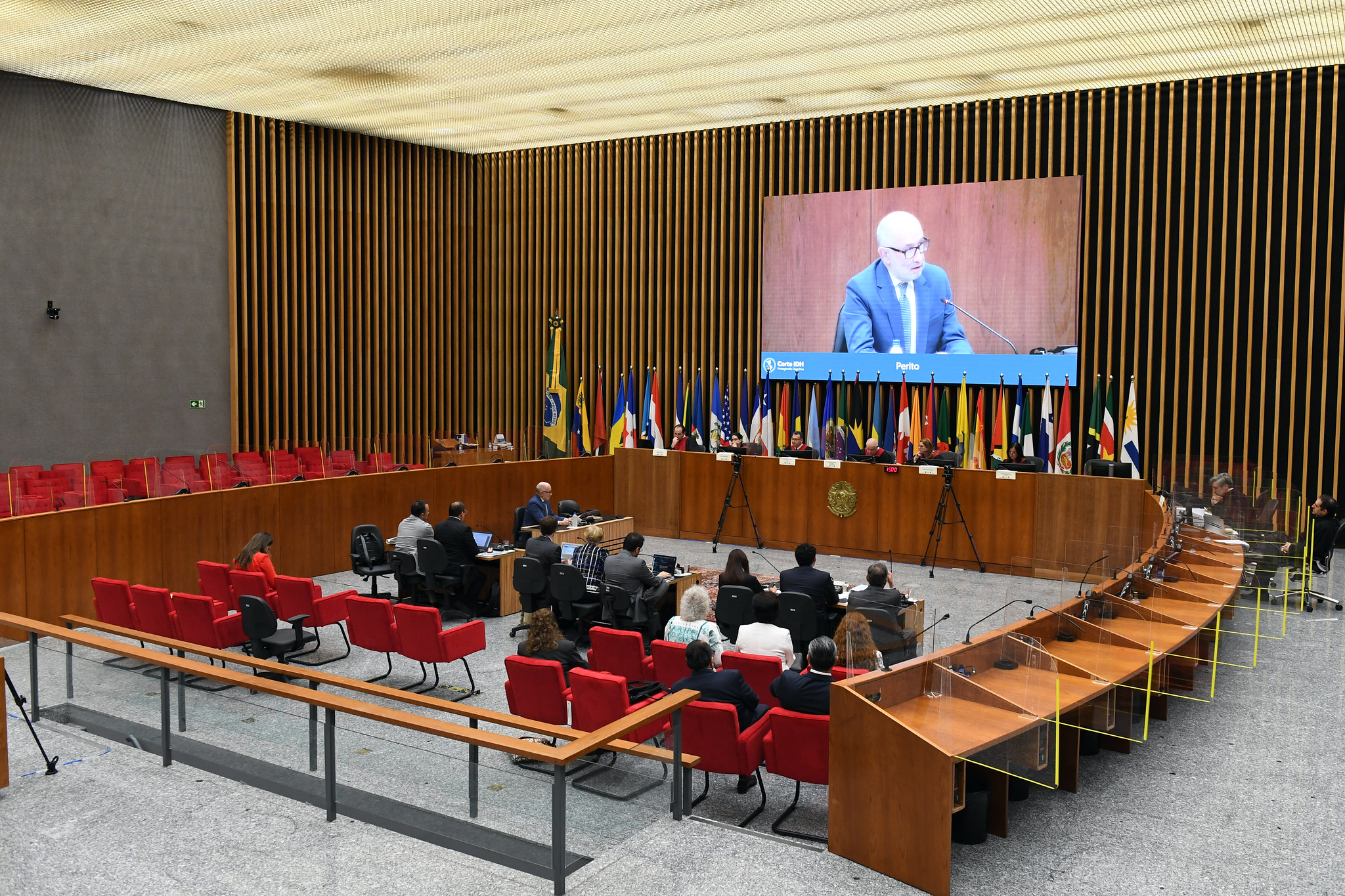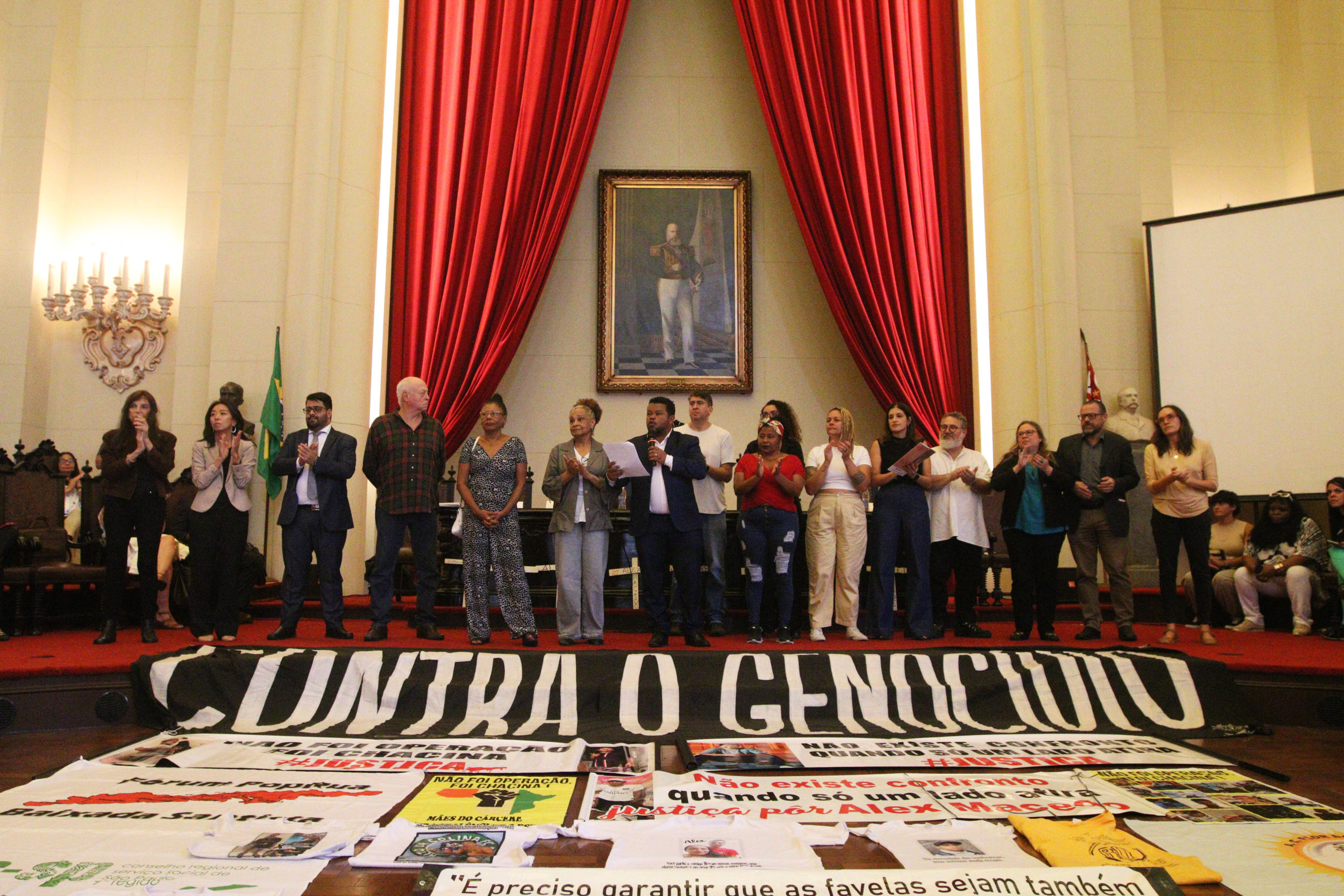Judging freedom
In a historic debate, Supreme Court to decide on decriminalization of drug use
 (Updated on 08/14) – The Supreme Court (STF) is scheduled to start its judgment next Wednesday, August 19, of Special Appeal 635,659 that challenges the constitutionality of article 28 of the drug law (Law 11,343/2006). Filed in the Court by the São Paulo Public Defender’s Office, the case has the potential to bring about one of the most important advances in Brazilian drug policy: the decriminalization of the use of illegal substances.
(Updated on 08/14) – The Supreme Court (STF) is scheduled to start its judgment next Wednesday, August 19, of Special Appeal 635,659 that challenges the constitutionality of article 28 of the drug law (Law 11,343/2006). Filed in the Court by the São Paulo Public Defender’s Office, the case has the potential to bring about one of the most important advances in Brazilian drug policy: the decriminalization of the use of illegal substances.
The justice responsible for submitting the report with his vote on the case is Gilmar Mendes. The justice is expected to endorse the thesis that a person cannot be held criminally responsible for a personal choice that involves only himself.
Currently, the possession of narcotics is a crime, even though users are not punished with imprisonment. The difference between users and dealers is decided by the police, which often operate under such subjective and discriminatory criteria as skin color and social class.
“Today, the drug law serves as a mechanism for the criminalization of poverty, with serious impacts on the prison system,” said Rafael Custódio, coordinator of the Justice program at Conectas. “The first and perhaps the main impact of decriminalization would be precisely a reduction in the imprisonment of this most vulnerable group, made up of black youth from the poor urban outskirts,” he added.
A document signed by Conectas and another nine organizations to assist the Supreme Court in its judgment is emphatic in depicting the harmful effects of criminalization. It states that the 2006 drug law has “reinforced the stigmatizing effects of criminal law, since, once users are in the criminal system, they are less likely to receive any treatment and are caught in a spiral of suffering and crime (generally property crime) that is directly associated with the process of marginalization”.
Click here to read the full document.
According to data released in June by the Ministry of Justice, 27% of the prison population is there for crimes related to drug trafficking. The impact of the current policy is even more serious among women: between 2005 and 2013, the number of women imprisoned for drug trafficking rose nearly 290%.
Global movement
“The authorities need to accept the fact that decades of prohibition have not managed to control the use of drugs and, instead, have increased violence and the violation of human rights around the world,” said Custódio. “This alone is the reason why there is international mobilization to rethink the so-called ‘war on drugs’, with the progressive legalization of use in countries such as Spain, Portugal, Argentina and the United States. Brazil cannot be left behind in this debate.”
Next year, the United Nations General Assembly Special Session (UNGASS) will discuss, for the first time, reviewing the international policy on drugs. The same mobilization has been occurring in the OAS (Organization of American States), which last year held an historic hearing on the failure of prohibition.
Amicus curiae
In 2012, Conectas, Pastoral Carcerária (the Catholic Church’s prisoner outreach service), the ITTC (Land, Employment and Citizenship Institute) and the Sou da Paz Institute submitted an amicus curiae brief to the Supreme Court reinforcing the arguments of the São Paulo Public Defender’s Office on the unconstitutionality of article 28 of the drug law. An amicus curiae brief is a legal mechanism that allows outside actors in a case to influence the decision of the justices.
The document, as well as the summary of the case, can be found at STF in Focus – the web page of Conectas dedicated to monitoring the human rights debate in the Supreme Court.


